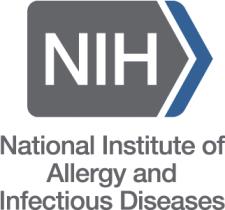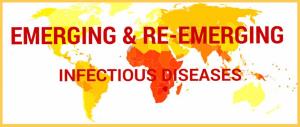 Based on outbreaks of SARS, MERS, Ebola and now COVID-19, the National Institute of Allergy and Infectious Diseases (NIAID) has established the Centers for Research and Emerging Infectious Diseases (CREID). This entity will comprise a global network concentrating on emerging pathogens associated with wildlife. The initial funding will amount to $17 million in 2020 and will extend to $82 million over five years.
Based on outbreaks of SARS, MERS, Ebola and now COVID-19, the National Institute of Allergy and Infectious Diseases (NIAID) has established the Centers for Research and Emerging Infectious Diseases (CREID). This entity will comprise a global network concentrating on emerging pathogens associated with wildlife. The initial funding will amount to $17 million in 2020 and will extend to $82 million over five years.
In announcing the establishment of CREID, Dr. Anthony S. Fauci stated, “The impact of COVID-19 pandemic serves as a potent reminder of the devastation that can be wrought when a new virus infects humans for the first time.” He added, “The CREID network will enable early warning of emerging diseases wherever they occur which will be critical to rapid response. The knowledge gained through this research will increase our preparedness for future outbreaks.”
RTI International in Research Triangle Park, NC. in association with Duke University will serve as the coordinating center to provide data management, outbreak research response and quality control. Prominent scientists at major universities and research institutes will be responsible for regions of the world or categories of disease. Collaborating institutions include Scripps Research Institute, University of California, Washington State University, University of Texas, Washington University and the EcoHealth Alliance.
 It is noted that Dr. Peter Daszak a world-renowned investigator with a specific interest in viral disease carried by bats was unjustly deprived of NIH funding at the direction of the Administration due to his long-term collaboration with the Wuhan Viral Research Institute. As a collaborating entity of CREID it is presumed that research support has been reinstated. He will be involved in emerging viral infectious diseases of wildlife and human populations in Southeast Asia, his traditional area of involvement.
It is noted that Dr. Peter Daszak a world-renowned investigator with a specific interest in viral disease carried by bats was unjustly deprived of NIH funding at the direction of the Administration due to his long-term collaboration with the Wuhan Viral Research Institute. As a collaborating entity of CREID it is presumed that research support has been reinstated. He will be involved in emerging viral infectious diseases of wildlife and human populations in Southeast Asia, his traditional area of involvement.
The need to monitor emerging diseases is considered critical given the worldwide impact of SARS-COV-2 the virus responsible for COVID-19. Knowledge of the molecular biology, methods of transmission and epidemiology of emerging diseases is critical to proactive development of appropriate detection and preventive measures.